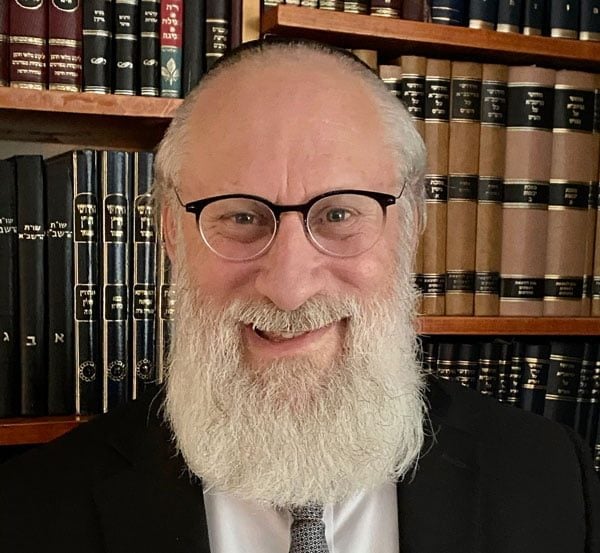Ask the Rabbi: Blowing the Shofar in Elul. By Rabbi Yerachmiel D. Fried

Ask the Rabbi: Blowing the Shofar in Elul. By Rabbi Yerachmiel D. Fried
Rabbi Fried,
I was invited to a Bris at an orthodox synagogue this past week and they blew the shofar at the end of services. When I asked someone why they’re blowing the shofar if it’s not Rosh Hashana, they said they blow it every day in the month of Elul. I’ve never heard of any of this and was embarrassed to ask, so could you please explain?
Remaining anonymous,
Dear Anonymous,
What you experienced is a custom going back at least a thousand years, and perhaps all the way back to Sinai, as we will explain.
The Torah relates that Moses ascended Mt. Sinai three times, each for a 40-day period: The first was to receive the Torah and tablets, which were broken due to the golden calf. The second time was to pray that the Jewish nation should be spared despite the sin of the golden calf. The third and final time was to atone for that sin, and to receive the second tablets.
The day Moshe ascended the mountain for the 3rd time was the first day of Rosh Chodesh Elul; he spent the entire month of Elul and 10 additional days there, totaling 40 days on Mt. Sinai. On the 40th day G-d notified Moshe that the Jews are forgiven and instructed him to cut out two tablets so He should inscribe them with a second set of commandments. That day was Yom Kippur, which established Yom Kippur as a day of atonement for all time.
The Midrash says that every day that Moshe was upon the mountain (that 3rd time), the shofar was blown throughout the camp. This was in order to remind the Jews of their sin the previous time Moses was on the mountain to receive tablets and not to make the same mistake again. The blast of the shofar also awoken them to repent for that sin, joining Moshe in his prayers and request for forgiveness.
Hence, every year in preparation for Yom Kippur we blow the shofar every day “throughout the camp”, in synagogues throughout the world, creating a time of introspection and focus on our lives and where we can improve. Some communities, such as the Sephardic Jews, hold a special service the entire month of Elul called “selichos”, in which they reach out to G-d for forgiveness as Moshe prayed the entire month. (Ashkenazic Jews do the same, just not for the entire month, but from the week before. This year most begin Saturday night, Sept. 17th after midnight). This, combined with the shofar, elevates the month of Elul to a unique status of prayers, introspection and self-improvement in anticipation of the high holy days or “days of awe”, Rosh Hashana and Yom Kippur.
Another explanation is that Elul is the month furthest from the previous Rosh Hashanah, and it is the last month of the year. The further we move away in time from all the inspiration of Rosh Hashanah and that period, the less it continues to affect us. The last Rosh Hashana was the time we coronated the Al-mighty as the King, that coronation accompanied by shofar blasts and regal songs. That powerful inspiration diminishes with time; by nature, the last month of the year which is the most distant would be the time that inspiration would be nearly gone. In order to counteract the natural lack of inspiration and lapsing totally back to our previous ways we blow the shofar – last year’s shofar – to remind ourselves all we grew last Rosh Hashana and to connect the end with the beginning, ending the year with a bang! (or a blast!), on a high note with our renewed connection to our previous growth and new year’s resolutions. If we do so, then the coming Rosh Hashana will be entirely different, taking us even higher in our lifelong climb upward as Jews.




